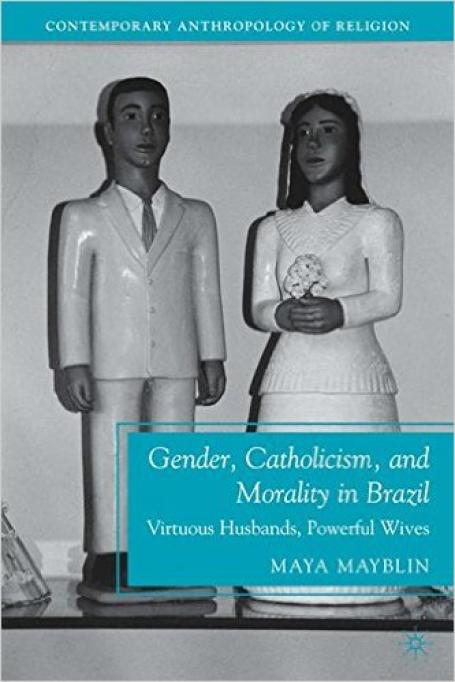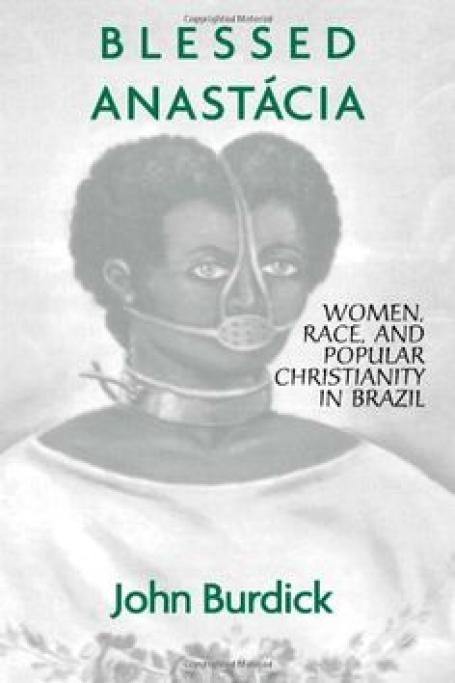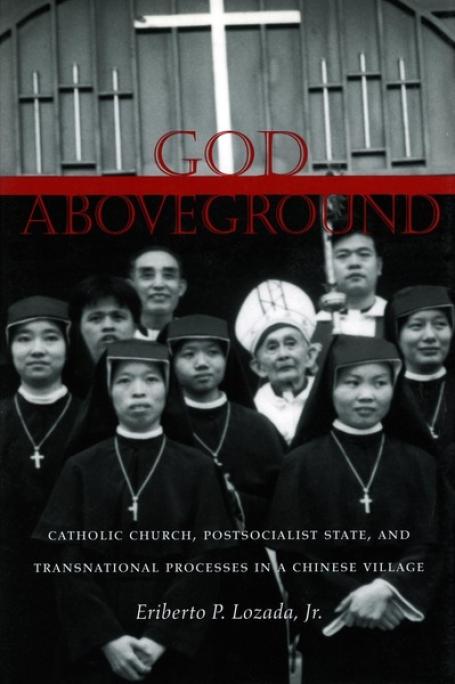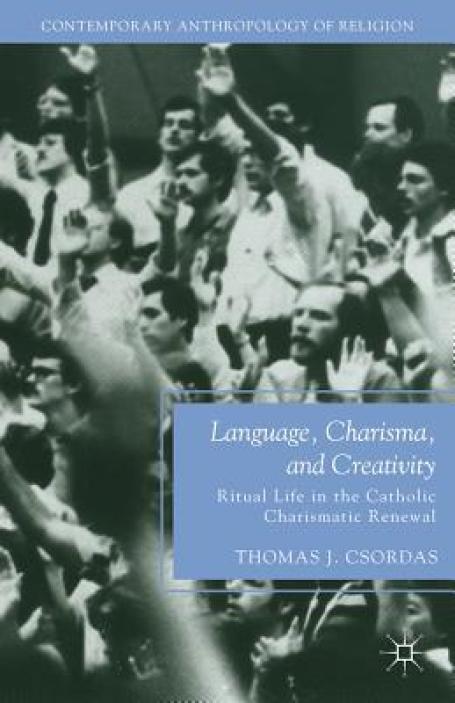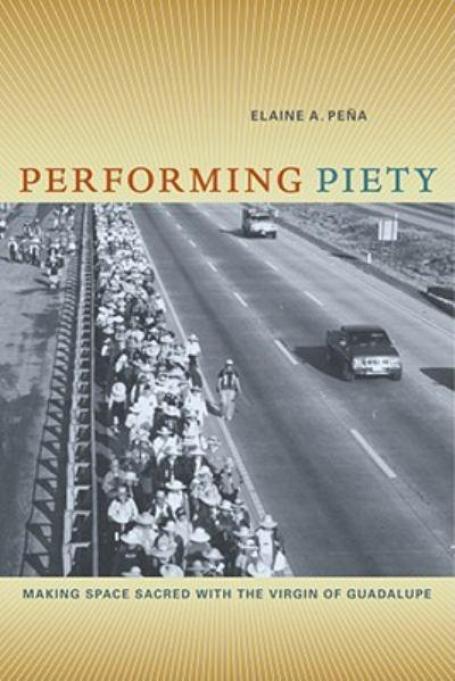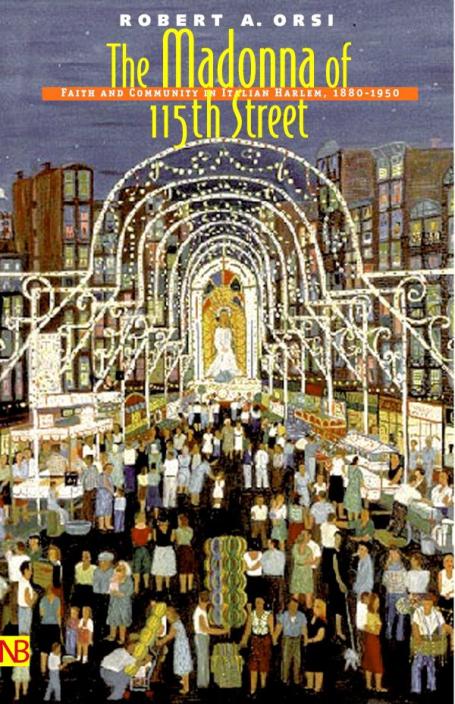The weekly reflection statement assignment asked my students to write their own thesis statements in conversation with scholars of Global Catholicism. The assignment had mixed results.
This was my goal, as I explained it in my opening lecture and then again in Week 2 when I walked my students through the Reflection Statements assignment:
I have selected thesis statements that illuminate a fundamental point or argument the author is making throughout the whole text. The goal is to be able to read for these statements. They are good for summarizing the author’s basic points. And they are also good for being to critique these points if need be. No author writes in a vacuum—they are in conversation with other people. These quotations signal what they feel has been missing from this conversation. They signal what the other people in the conversation have not yet said. I want you to be able to put in your own words what this missing piece of information or this missing perspective is.
The idea of “reading for thesis statements” is a good practice, I think. It is useful not only for academics. Whatever the field, a persuasive piece of writing is often dotted with short, forceful declarative statements. One of my goals this semester was to help my students improve their writing.
Writing from hindsight, at the semester’s end, I realize now that I wish I had given my students more freedom to reflect on the texts from their own perspectives. The prompts for the reflection statements set up a dynamic in which my students tried to recreate the authors’ arguments rather than discover what possible relevance these texts could have for themselves and their lives.
